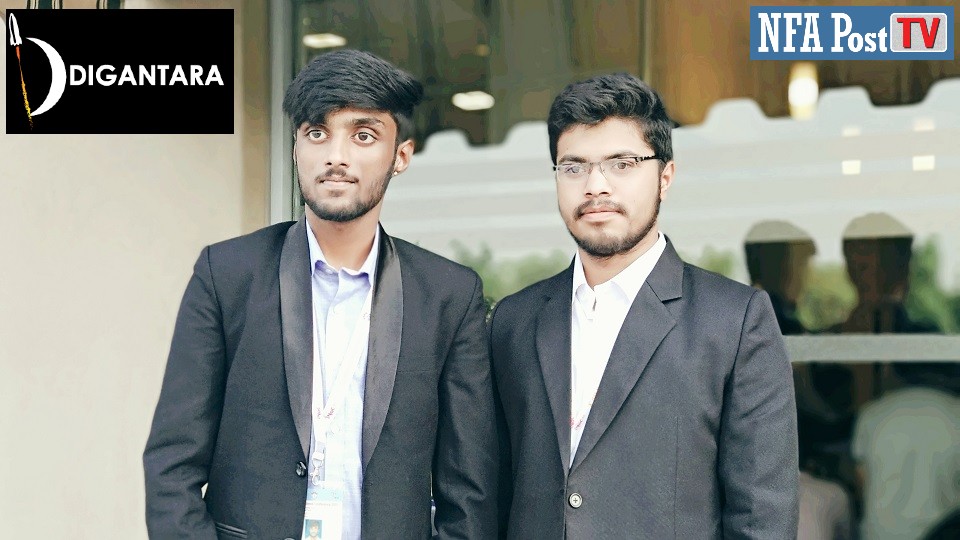The proposed first-of-its-kind observatory will be tracking satellites and space debris in the Earth’s orbit to offer global space traffic management operations.
Bengaluru, NFAPost: In a development that holds immense significance for the country’s commercial space sector, Bengaluru-headquartered start-up Digantara Research & Technologies will be building a Space Situational Awareness (SSA) observatory in the hill state of Uttarakhand, Business Today reported.
The proposed first-of-its-kind observatory will be tracking satellites and space debris in the Lower Earth Orbit (LEO) and the Geosynchronous Earth Orbit (GEO), helping Digantara to augment its SSA capabilities to offer global space traffic management operations.
Speaking to Business Today, Digantara CEO Anirudh Sharma said, “As the county’s first such observatory, it will help in the creation of an indigenous data pool that will not only be utilised for civilian purposes but also be a crucial step towards attaining self-reliance in military applications for SSA.”
The national space agency, the Indian Space Research Organisation (ISRO) is also working towards establishing an effective surveillance and tracking network for space debris under the Network for Space Objects Tracking and Analysis (NETRA) project. This comprises one debris tracking radar with a 1,500 km range and an optical telescope.
Growing risk of collisions in space
Being a part of Digantara’s planned network of resilient facilities, the observatory is expected to work in conjunction with a constellation of space-based sensors. This will improve the effectiveness of tracking and identification of pre-existing Resident Space Objects (RSOs).
“Promoting the development of such critical technology and infrastructure is necessary towards building indigenous resilient capabilities to compete on a global stage,” said director of industries, Uttarakhand government, Sudhir Nautiyal.
With more than 90 successful satellite launches since the beginning of 2022, there is a growing risk of collision of spacecraft in the highly congested LEO and GEO regions.
Plans for world’s largest SSA data repository
Digantara highlights decision quality, responsive data on RSOs and space weather as the key features of its proprietary Space-MAP technology. The company is also laying the foundation for the development of the world’s largest SSA data repository through a spectrum of proprietary sensors as well as significant collaborations within the SSA ecosystem.
Once completed, the observatory will be able to track objects as small as 10 cm in space. High-quality observations, along with those of its partner’s ground-based sensor network, will enable Digantara to monitor events occurring in deep space, especially in the geostationary, medium and high-Earth orbits. The data will help reduce the potential for collisions between satellites and other spacecraft by making more accurate predictions about their location, speed and trajectory.
Together with co-founders Rahul Rawat and Tanveer Ahmed, Sharma established Digantara in 2018 during their university days. Last year the company received seed funding of $2.5 million from Kalaari Capital. In June, the company’s proton fluence meter was successfully tested and space-qualified on an ISRO mission.





